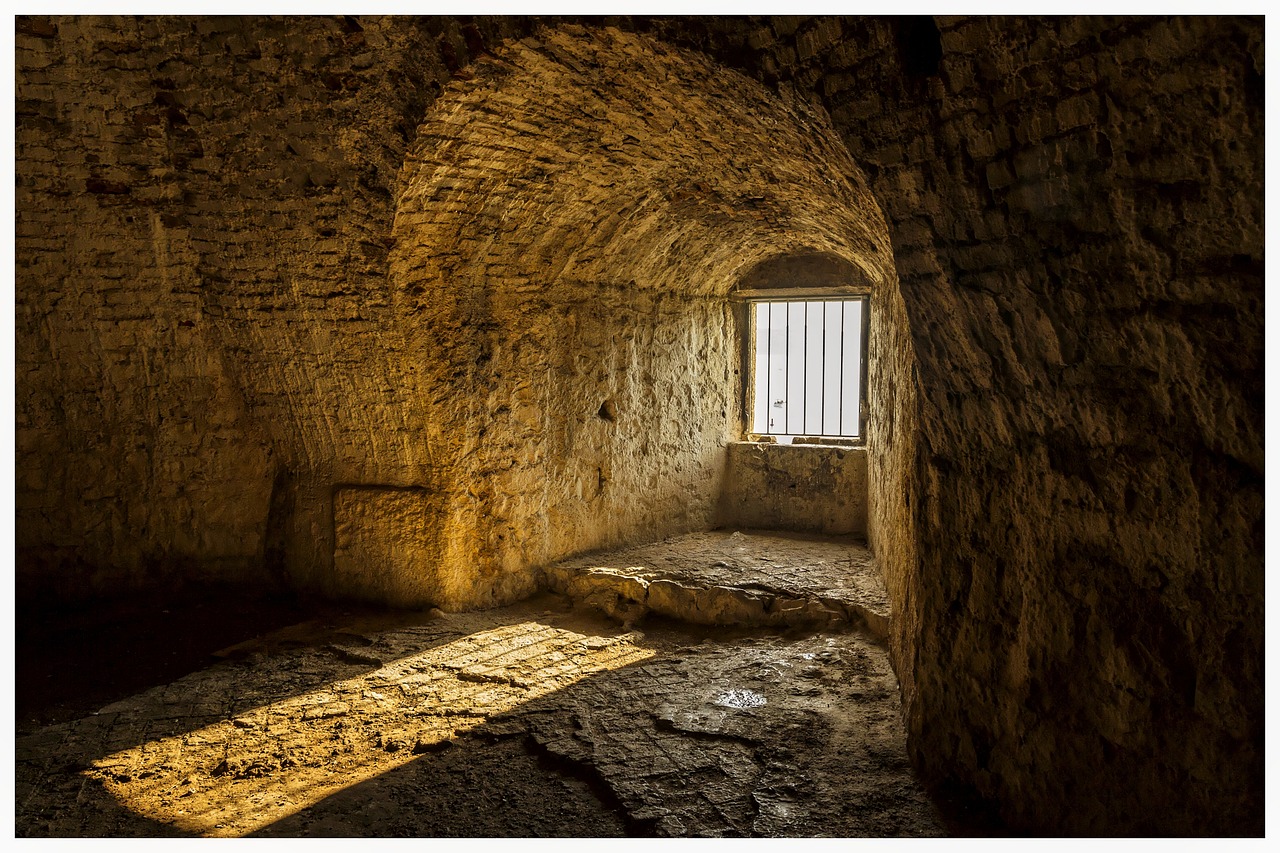Croatia Video
Coping with Power Outages: Being Prepared in Croatia
Power outages can happen unexpectedly and disrupt our daily lives. In Croatia, being prepared for such situations is crucial to ensure the safety and well-being of individuals and communities. This article will provide detailed information on how to cope with power outages in Croatia, including essential preparations, safety measures, and useful resources.
Section 1: Understanding Power Outages
Power outages can occur due to various reasons, including severe weather conditions, equipment failure, or scheduled maintenance. Understanding the causes and potential duration of power outages is essential for effective preparation. Here are some key points to consider:
- Causes: Power outages in Croatia can be caused by storms, lightning, strong winds, heavy snowfall, or equipment failure.
- Duration: The duration of a power outage can vary, ranging from a few minutes to several hours or even days, depending on the cause and severity of the issue.
- Impact: Power outages can disrupt daily activities, affect communication systems, disrupt transportation, and compromise access to essential services.
It is important to stay informed about potential power outages through local news sources, official announcements, or utility company notifications.
Section 2: Creating an Emergency Kit
Having a well-prepared emergency kit is crucial during a power outage. This kit should contain essential items to sustain you and your family until power is restored. Here are some items to include in your emergency kit:
- Flashlights: Ensure you have enough flashlights with extra batteries to provide illumination during the outage.
- Portable Radio: A battery-powered or hand-crank radio can provide access to important news and updates during a power outage.
- Non-perishable Food: Stock up on non-perishable food items such as canned goods, granola bars, and dried fruits to sustain you during the outage.
- Drinking Water: Store an adequate supply of clean drinking water, at least one gallon per person per day, to ensure hydration.
- First Aid Kit: Prepare a first aid kit with essential medical supplies, including bandages, antiseptic ointment, and any necessary prescription medications.
- Extra Blankets and Warm Clothing: In case of a prolonged outage during colder months, have extra blankets and warm clothing available to maintain comfortable temperatures.
Ensure that your emergency kit is easily accessible and stored in a designated location known to all household members.
Section 3: Power Outage Safety Measures
During a power outage, it is essential to prioritize safety to prevent accidents and injuries. Here are some safety measures to follow:
- Unplug Appliances: Unplug electronic devices and appliances to protect them from power surges when the electricity is restored.
- Avoid Candles: Instead of using candles, opt for battery-powered LED lights or flashlights to minimize the risk of fire.
- Use Generators Safely: If using a generator, ensure it is placed outside in a well-ventilated area to prevent carbon monoxide poisoning. Follow the manufacturer’s instructions for safe usage.
- Keep Refrigerators and Freezers Closed: Minimize the opening of refrigerators and freezers to preserve the cold temperature and prevent food spoilage.
- Stay Away from Downed Power Lines: Never touch or approach downed power lines as they may still be energized. Report any fallen power lines to the local utility company immediately.
- Conserve Phone Battery: Preserve your phone’s battery by minimizing its usage and utilizing power-saving modes. Communication may be essential during an outage.
Following these safety measures will help ensure the well-being of you and your loved ones during a power outage.
Croatia Image 1:

Section 4: Communication and Information Sources
Staying informed during a power outage is crucial. Here are some communication and information sources to rely on:
- Local News: Stay tuned to local news channels on battery-powered radios or check their websites for updates on the outage situation.
- Social Media: Follow official accounts of local authorities, emergency services, and utility companies on social media platforms for real-time information.
- Mobile Apps: Install relevant mobile applications provided by utility companies or emergency services to receive outage notifications and updates.
- Community Networks: Stay connected with your neighbors and community members to share information and support each other during the outage.
Being aware of the latest information will help you plan and adapt accordingly during a power outage.
Section 5: Alternative Lighting Sources
Having alternative lighting sources is essential for navigating through your home during a power outage. Consider the following options:
- Battery-Powered LED Lights: Invest in battery-powered LED lights or lanterns that provide long-lasting illumination.
- Solar-Powered Lights: Utilize solar-powered lights that charge during the day and provide light during the night.
- Candles: If using candles, ensure they are placed in sturdy holders and never left unattended.
Having a variety of lighting options will ensure you have sufficient illumination during a power outage.
Section 6: Croatia Image 2:

Section 7: Preserving Food During a Power Outage
During a power outage, it is important to take measures to preserve your perishable food items. Here are some tips:
- Keep Refrigerators Closed: Avoid opening the refrigerator unnecessarily to maintain the cold temperature inside.
- Utilize Coolers or Ice Chests: Transfer perishable items to coolers or ice chests with ice packs or bags of ice to keep them at a safe temperature.
- Consume Perishable Items First: Prioritize consuming perishable items first to minimize food wastage.
- Check Food Safety: Discard any perishable food that has been at room temperature for more than two hours to prevent foodborne illnesses.
By following these steps, you can minimize food spoilage and ensure the safety of your stored food items during a power outage.
Section 8: Emergency Contacts
Having a list of emergency contacts readily available is crucial during a power outage. Here are some important numbers to include:
- Emergency Services: Dial 112 for immediate assistance from emergency services, including police, fire, and medical aid.
- Utility Company: Keep the contact information of your local utility company to report power outages or seek updates.
- Nearest Hospital or Clinic: Note down the contact details of the nearest medical facility in case of emergencies.
- Local Authorities: Include the contact numbers of local government offices or authorities for additional support and information.
Having these contacts readily available will help you quickly access the necessary assistance during a power outage.
Section 9: Croatia Image 3:

Section 10: Community Support and Resources
During a power outage, communities often come together to support each other. Here are some community resources and support options:
- Community Centers: Local community centers may serve as shelters or provide resources during extended power outages.
- Neighborhood Watch Groups: Stay connected with local neighborhood watch groups to share information and support each other.
- Volunteer Organizations: Volunteer organizations may offer assistance, supplies, or temporary shelters during power outages.
Being aware of these community resources will help you find support and assistance during challenging times.
Section 11: Power Outage Recovery
After a power outage, it is important to take certain steps to ensure a smooth recovery process. Here are some actions to consider:
- Check Appliances: Inspect electronic devices and appliances for any damage before plugging them back in.
- Reset Clocks and Timers: Adjust clocks, timers, and other time-sensitive devices after power is restored.
- Restock Emergency Supplies: Replenish your emergency kit with fresh batteries, food, water, and other essential items.
- Learn from the Experience: Evaluate your preparedness and make necessary improvements for future power outages.
By following these steps, you can ensure a smooth transition back to normalcy after a power outage.
Section 12: References
– Croatia Week: www.croatiaweek.com
– Ministry of Interior of the Republic of Croatia: www.mup.hr
– Croatian National Tourist Board: www.croatia.hr
– Hrvatska elektroprivreda (HEP): www.hep.hr
Please note that the information in this article is intended as a general guide and may vary depending on specific circumstances. It is always advisable to follow official instructions and guidelines provided by local authorities and utility companies during power outages in Croatia.


